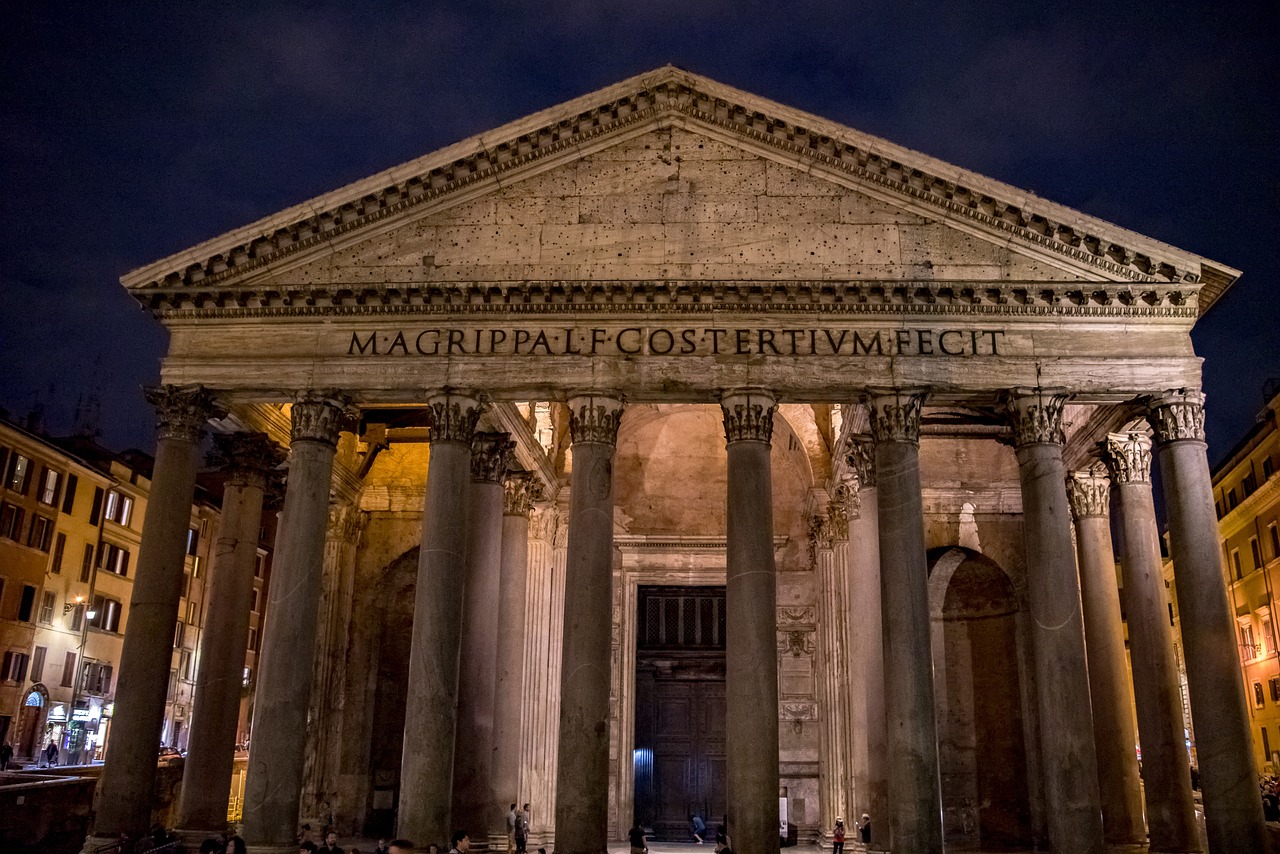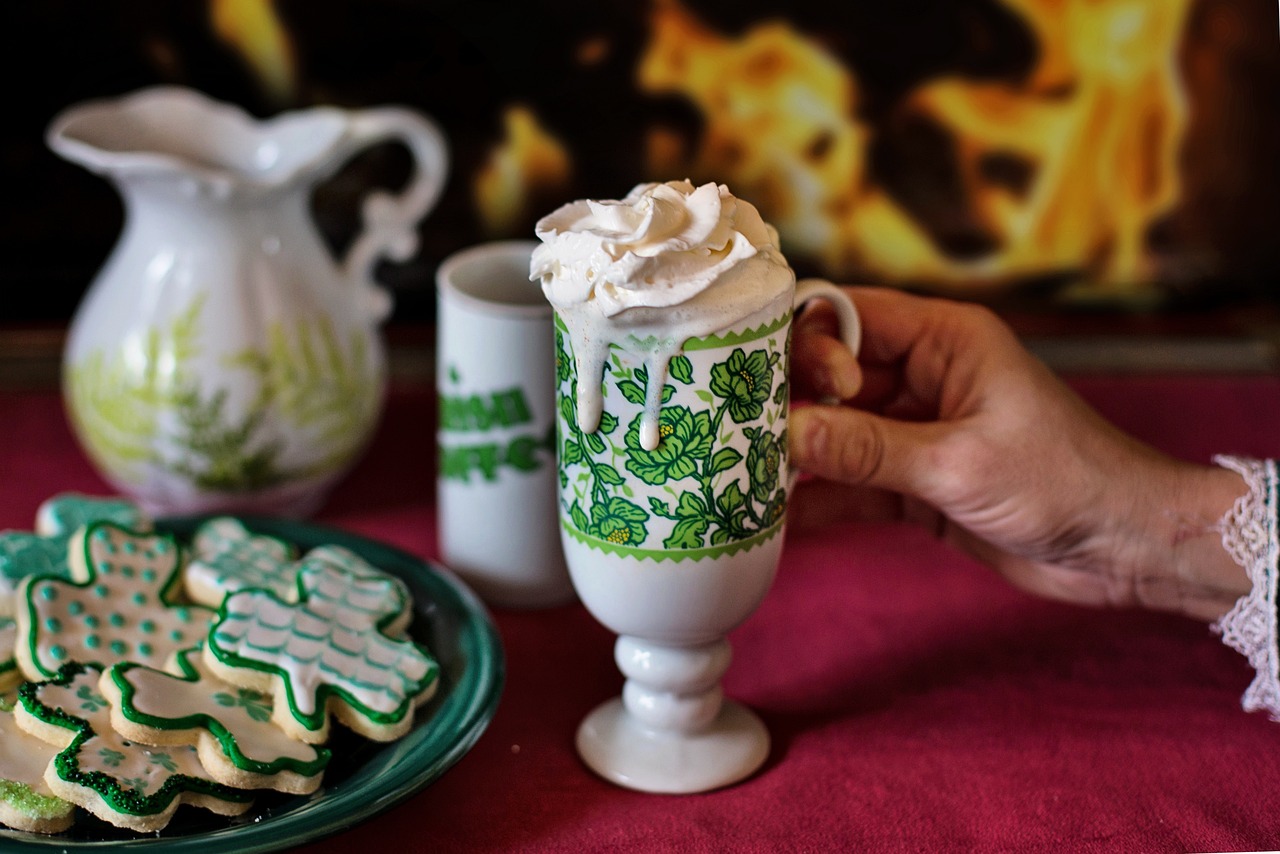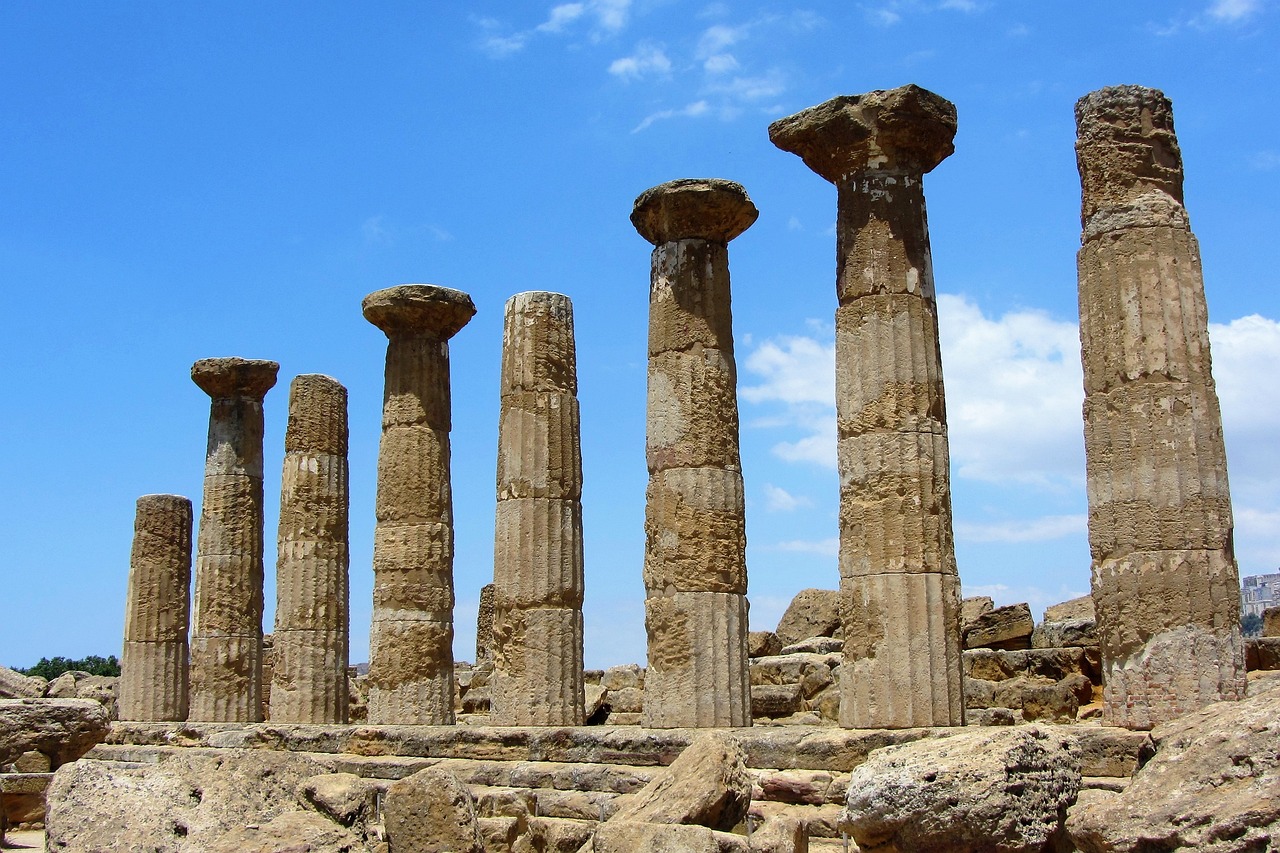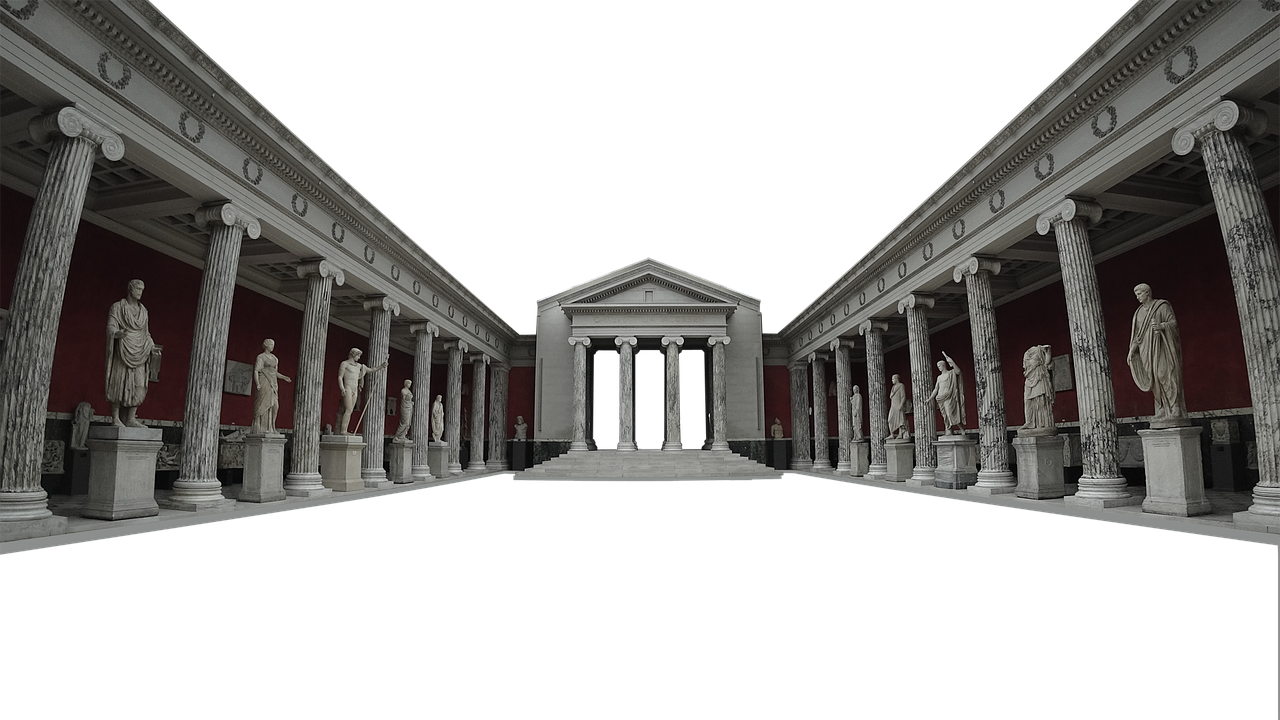Author: Erlang Shen
-
Scáthach: The Formidable Warrior Queen of Irish Mythology Scáthach, a legendary warrior from ancient Irish tales, is renowned for her role as the instructor to the famed hero Cú Chulainn. This Scottish queen, translating to “The Shadow” in Gaelic, resided in a castle on the Isle of Skye, where she imparted her martial skills. Known…
-
Unraveling the Legacy of Epona: 10 Intriguing Insights About the Celtic Goddess of Equines In a moment of curiosity while indulging in the adventures of Asterix and Obelix, I began to wonder about the Roman enthusiasm for Celtic deities. This inquiry led me to Epona, a name that many recognize from “The Legend of Zelda:…
-
The Pantheon stands as an iconic edifice in Rome, originally initiated in 27 BC by Marcus Vipsanius Agrippa. Initially conceived as a typical Classical temple—a rectangular structure topped with a gabled roof supported by an encircling colonnade—it underwent a complete renovation under Emperor Hadrian between AD 118 and 128. Subsequent modifications were made in the…
-
The key passage regarding the Celtic deities of Gaul can be found in Julius Caesar’s Commentarii de bello Gallico (52–51 BC), where he mentions five principal gods, detailing their respective roles. Among these, Mercury is depicted as the most revered, honored through various representations. He is acknowledged as the originator of arts, the guardian of…
-
The Morrígan: Ancient Goddess of Battle and Sovereignty The Morrígan, whose name translates to ‘Phantom Queen,’ embodies the dualities of battle, conflict, and fertility. This ancient Irish goddess is presented as both a singular entity and a triad that includes Badb, meaning ‘Vulture,’ and Nemain, or ‘Frenzy.’ The Morrígan often takes on the form of…
-
As a tutor, I encountered challenges while teaching the Roman law of slavery, as resistance to the subject from students became increasingly evident. Many perceived it as an irrelevant discipline, likening it to minor courtly details. Why should anyone care about the jurists’ discussions on debt recovery linked to a master’s slave when slavery itself…
-
Irish culture has long maintained a distinctive and nuanced view of death, intertwined with the very fabric of life. As Scottish journalist Kevin Toolis aptly expressed, few other nations share such a profound connection where the living, dying, bereaved, and deceased coexist so openly in societal practices, as seen prominently in the tradition of the…
-
Venus, the ancient Italian deity, embodies the essence of cultivated landscapes and gardens. Over time, she became synonymous with the Greek goddess of love, Aphrodite. Consider the renowned Venus de Milo, a marble rendition of Aphrodite from Melos, crafted around 150 BCE, currently located in the Louvre in Paris. Initially, Venus garnered no significant veneration…
-
The Legendary Exploits of Heracles I. Heracles’ Twelve Labors Heracles, the illustrious hero of ancient Greece, was tasked by the Delphic Oracle to undertake a series of twelve grueling labors on behalf of King Eurystheus of Mycenae. These remarkable feats not only showcased his strength and bravery but also defined his legendary status in Greek…
-
Greek mythology is a rich tapestry of narratives featuring gods, heroes, and ancient rituals that have captivated audiences for centuries. Recognized by critical thinkers such as Plato during the 5th and 4th centuries BCE, these myths are often infused with truth in the eyes of the common people, despite their fictional elements. This amalgamation of…







